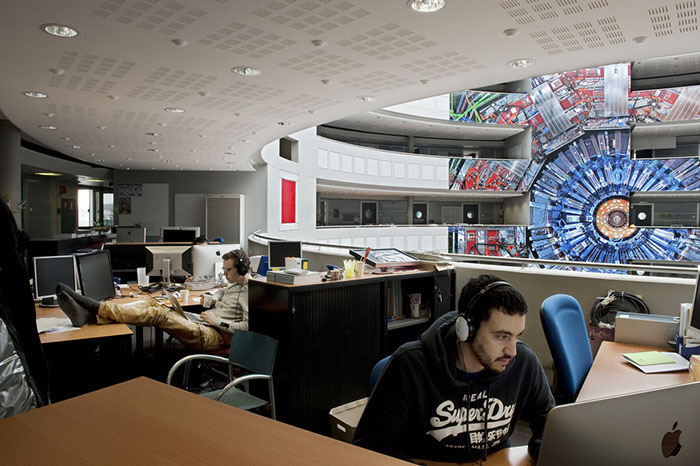
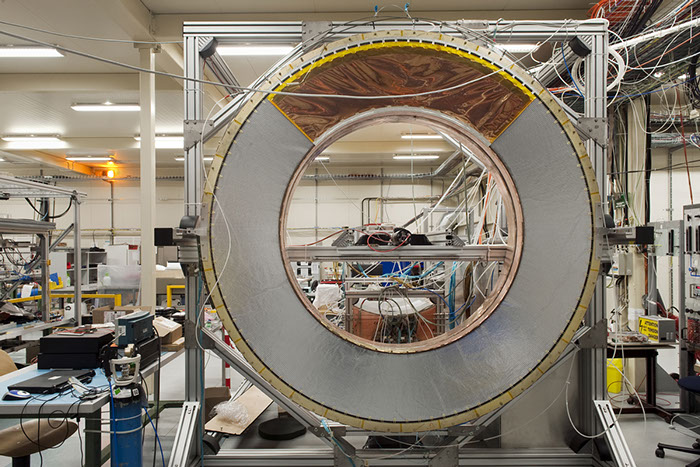
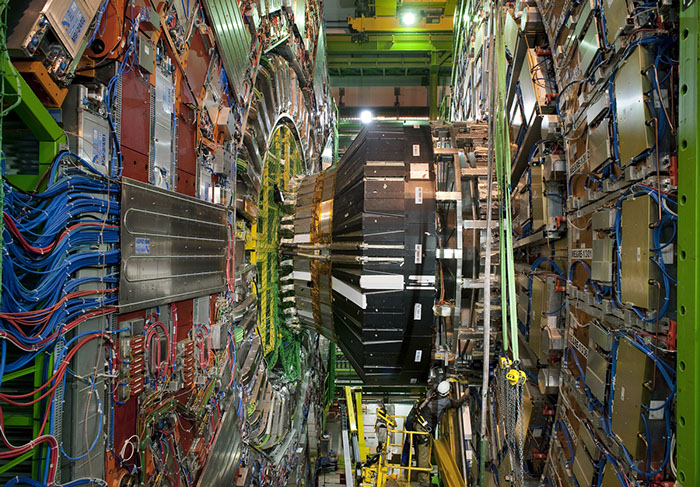
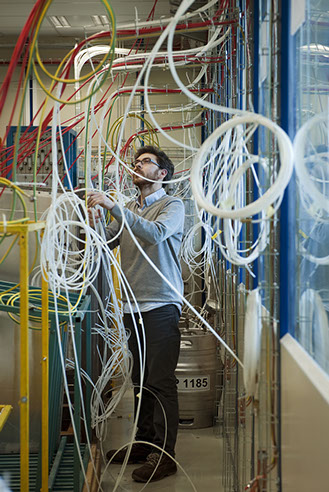
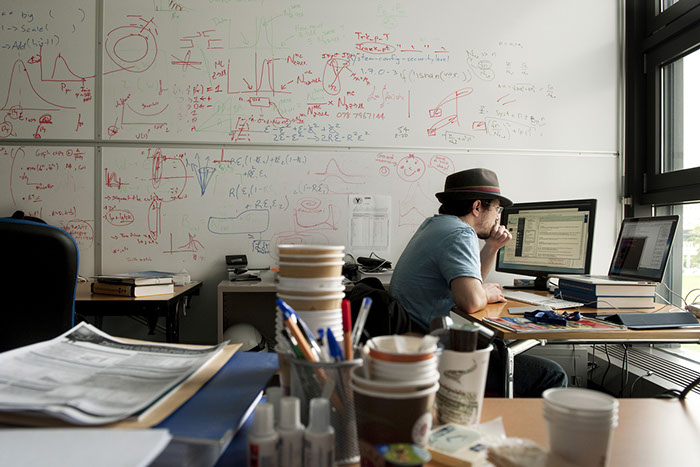

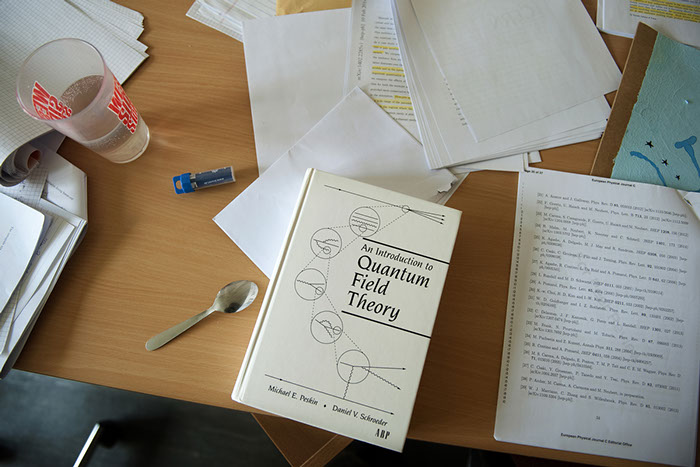
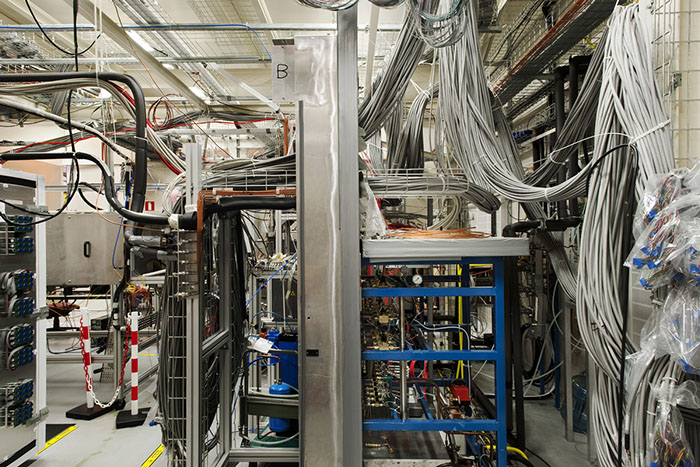
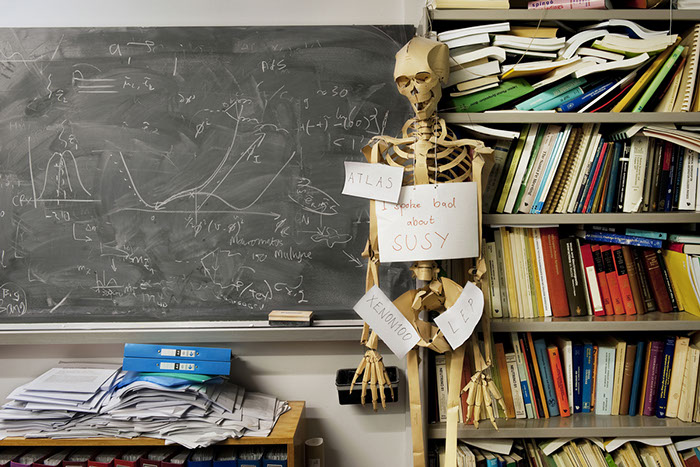
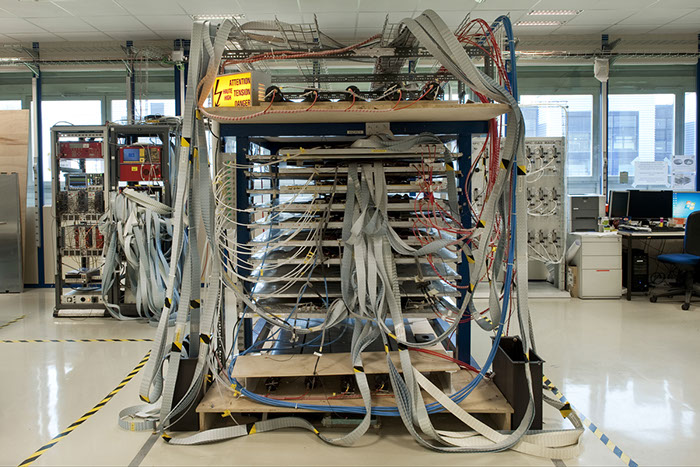
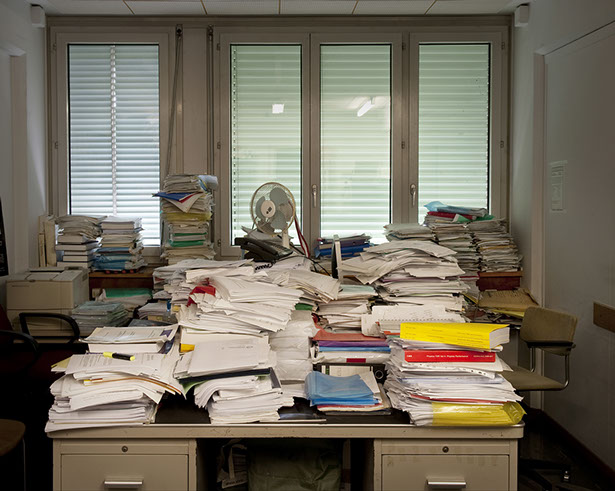
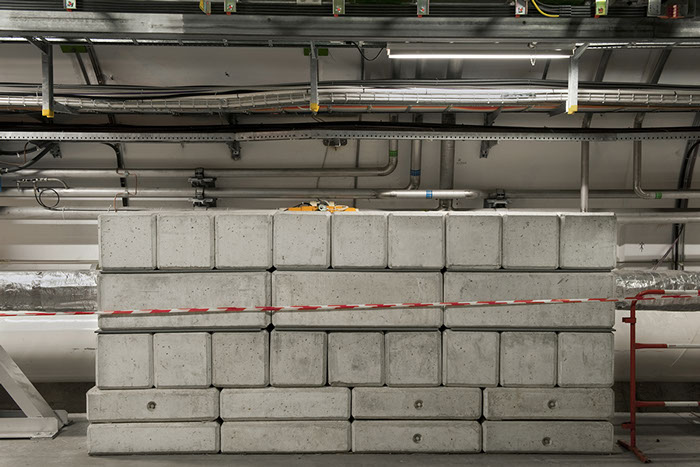
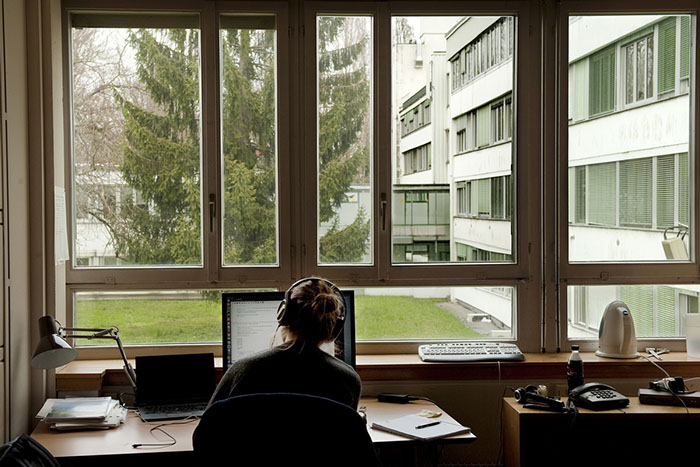
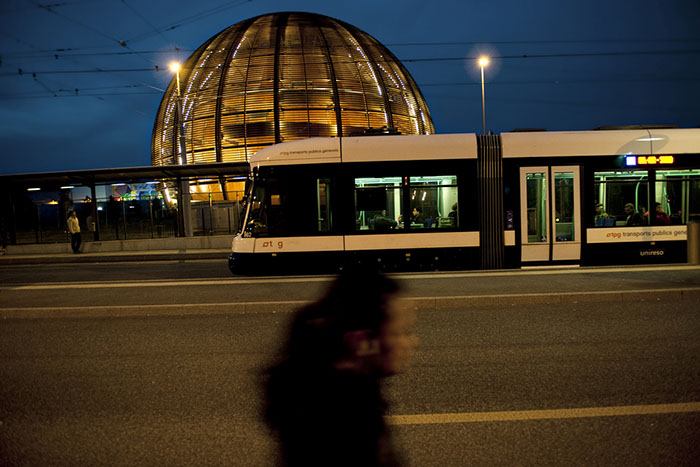
CERN
CERN
GENEVA
SWITZERLAND
CERN (Conseil Européen pour la recherche nucléaire) is the largest laboratory in the world for the study of particle physics, with more than 10,000 scientists from around the world who work daily in its facilities in Geneva. It was founded on Sept. 29th, 1954 by 12 European countries including Italy and the idea that he was the source of its creation was simple and forward-looking: use science for the reconciliation of the nations of that Europe divided and wounded from World War II. Today the member States are 21 and during the dacades of activity its scientists have won Nobel prizes (Carlo Rubbia and Simon van der Meer in 1984, Georges Charpak in 1992) and made fundamental discoveries in the development of knowledge in the field of nuclear physics but not only, even the web (World Wide Web) that we use today originated here: it was invented by Tim Berners-Lee and Robert Cailliau in 1989 with the original purpose of facilitating the exchange of data between researchers working in different experiments.
The key instrument of the research center is the particle accelerator LHC (Large Hadron Collider), the most powerful in the world. Along the 27 km of its ring, built in a tunnel completely underground, are placed five different experiments CMS, ATLAS, ALICE, LHCb and TOTEM. These huge machines are used to try to understand what happens when atoms or subatomic particles collide at speeds approaching that of light, releasing energy and creating new particles. Investigate what happens in those moments can throw a glance on the forces that created and regulate the universe. Overall this is the most complex project ever conceived and implemented by man.
This powerful accelerator, which has had a serious accident in 2008, even before its official opening, when one of the 10,000 connections between magnets along the ring broke and has resulted in the release of several tons of superfluid helium that damaged 700 meters of facility , however, allowed in 2012 and operating only at half power, to discover the Higgs boson, a particle of fundamental importance and until then only hypothesized.
In 2015 the accelerator after a long stop, to optimize the system and solve definitely the problems related to the connections between the magnets, started to work at full power, a factor that will allow the scientists to make new discoveries.
Meanwhile, at CERN you never stop to think about the future and has already started to outline the idea of a new super accelerator 100 km that should go under the lake of Geneva ...






